Cheap antibody test sent for validation in coronavirus fight
A British company has begun sending prototypes of its Covid-19 antibody test to laboratories for validation. If successful, at a cost of as little as one US dollar per test, taking ten minutes to give results, it could be a game changer in dealing with the global pandemic.
Health technology firm Mologic, which created one of the first at-home pregnancy tests, is aiming for the test to be available to the public as early as June if the trials are successful.
Antibody tests are designed to establish whether people have previously been infected, as opposed to antigen tests which show if someone actually has the COVID-19 disease caused by the virus.
Mologic has said that assessment and validation of the COVID-19 diagnostic test is underway at the Liverpool School of Tropical Medicine and St Georges hospital, with further examination of the prototypes to be undertaked by Mologic’s global partners.
Joe Fitchett, Mologic medical director, said that while many companies were working on virus diagnostics, the aim was to create cheap, widely available tests.
“They must be made available to the vulnerable and most precious in society, in the UK or elsewhere,” he told Reuters.
“I would be really disappointed to see a good test that is shown to work to be sold on Amazon only be used by a tiny proportion of the population.”
A health official told lawmakers on Wednesday that Britain has purchased 3.5 million antibody testing kits from disparate sources, which it is in the process of testing.
He added that the approved kits would be available within days and sent to households via Amazon, which has agreed to carry out distribution.
The home test, which looks like a pregnancy test, involves pricking a finger to produce a drop of blood, which is then analysed by the device, is also set to go on sale in chemist shops.
The trade-off between producing something as quickly as possible and making sure that the tests work is viewed with great caution by some officials.
Chief Medical Officer Chris Whitty, dampened expectations of quick widespread availability for the tests, saying inaccurate tests would be dangerous.
“(The) technology is quite close, and it’s being evaluated this week, but it’s not there... The one thing that’s worse than no test is a bad test,” Whitty said.

“I do not think... that this is something we’ll suddenly be ordering on the internet next week.”
Asked why Britain bought 3.5 million tests which might not work, Prime Minister Boris Johnson’s spokesman said: “If we are able to find an antibody test which works that could be a game-changer.”
“For that reason you will understand that government is doing everything that it can to seek to find a test which works,” he added.
“The key thing for us to do is evaluate – are these tests accurate enough to be used by the general public?” said Whitty. “If they are incredibly accurate, we will work out the quickest way to release them. If they are not accurate, we will not release any of them.”
Mologic, whose head office is near Bedford, north of London, said that after trials in Britain, the prototypes would be shipped to validation partners in China, the United States, Malaysia, Spain, Brazil and Senegal.
Fitchett said his company had not received any orders from the UK government and was cautious that other tests may be ready to roll out in Britain in days.
“Where the confusion has been, it has been made to sound like it is confirmed or imminent. And for me that is very problematic,” he said. “You need to be clear about the validation requirements.”
VIDEO | Former FBI agent criticizes US Congress for 'outright corruption'
IRGC chief urges Muslim countries to cut aid routes to Israel
'New chapter in cooperation': Iran, Venezuela sign new MoUs
Jordan sentences former lawmaker for supporting Palestinian resistance
Basij volunteer forces hold massive drills in southwestern Iran
Israeli war criminals 'not welcome', US city says after ICC ruling
US vetoing of Gaza ceasefire resolution ‘disgraceful’: Iran’s UN envoy
VIDEO | IAEA adopts anti-Iran resolution tabled by E3


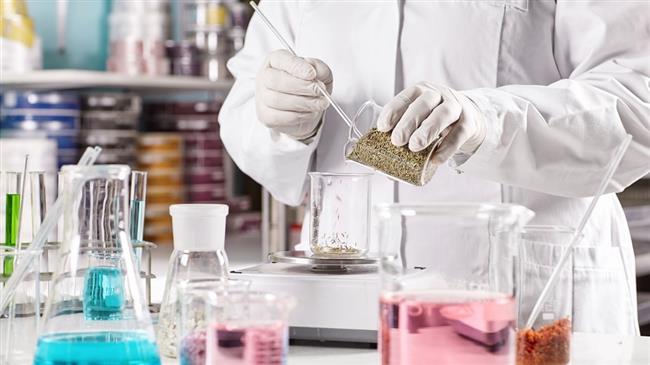
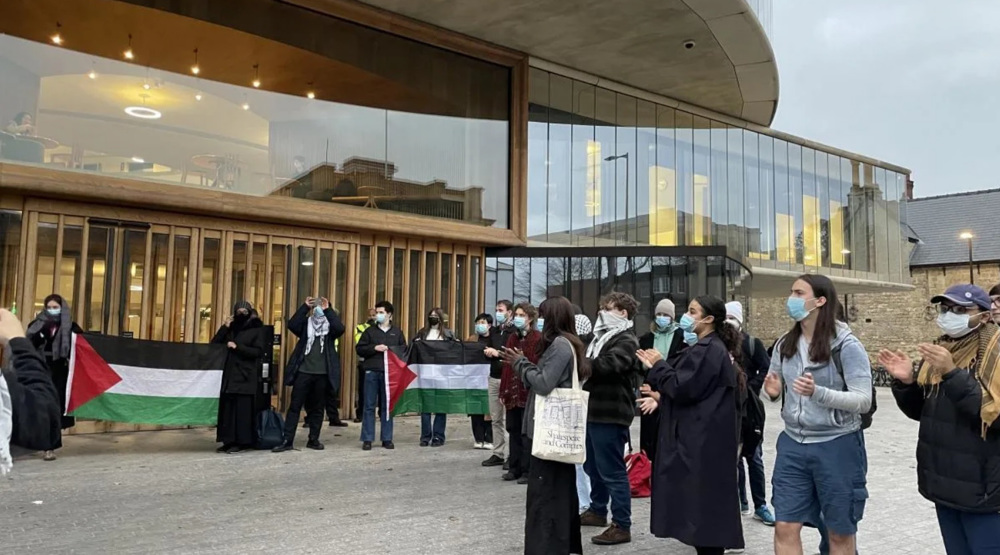
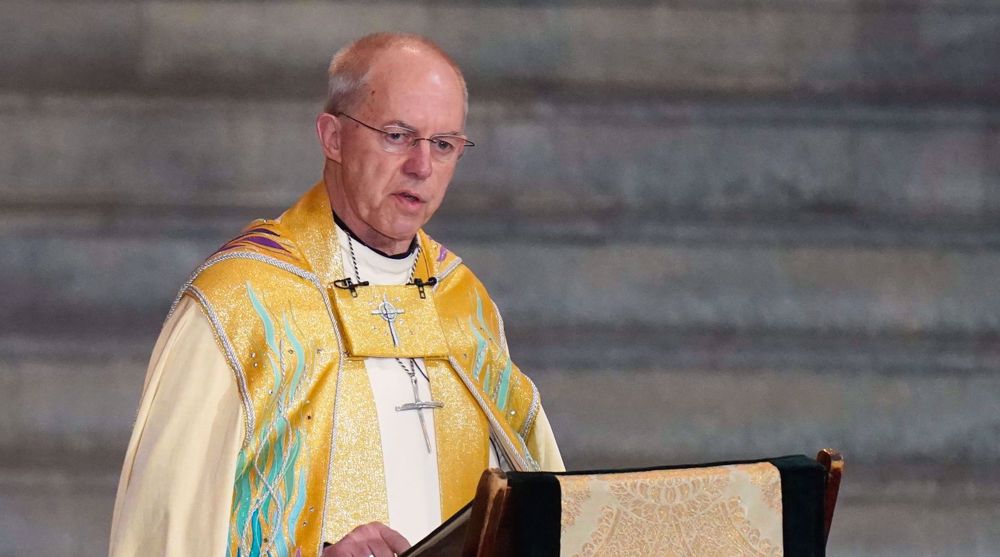
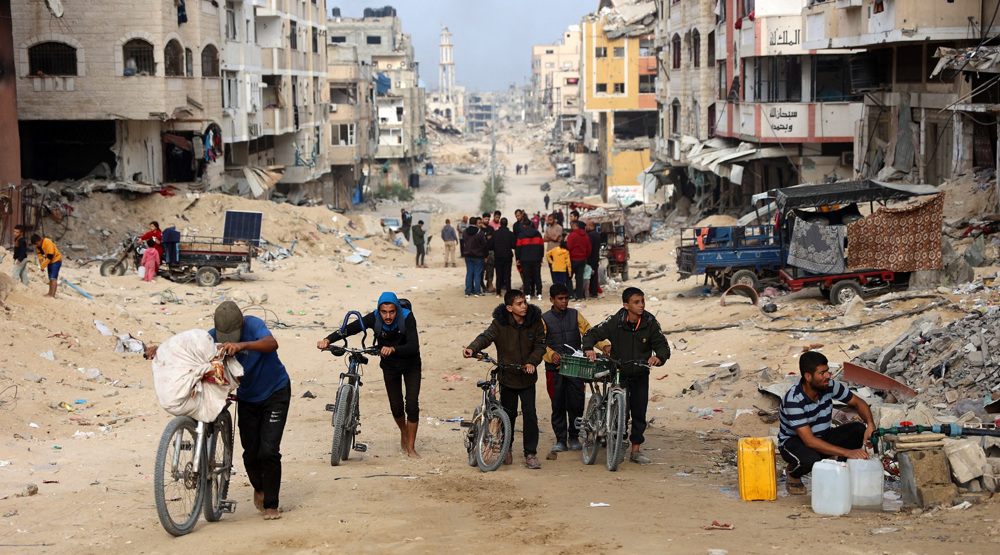



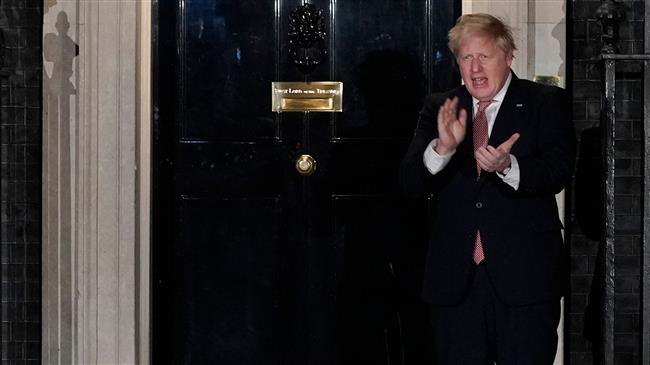
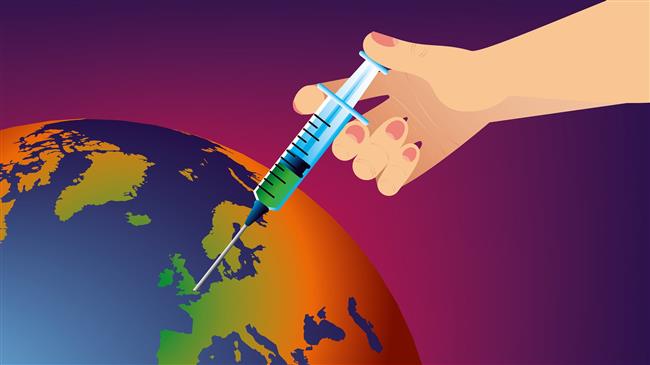
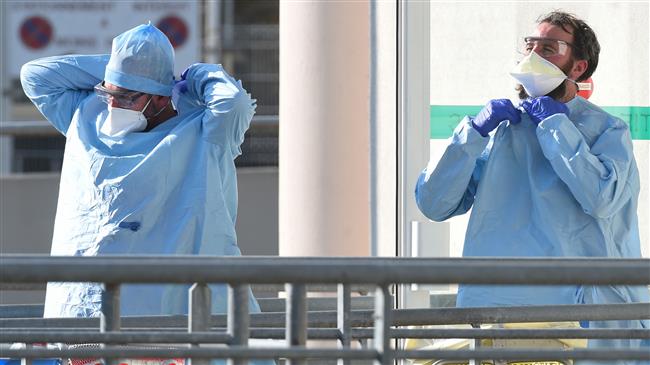
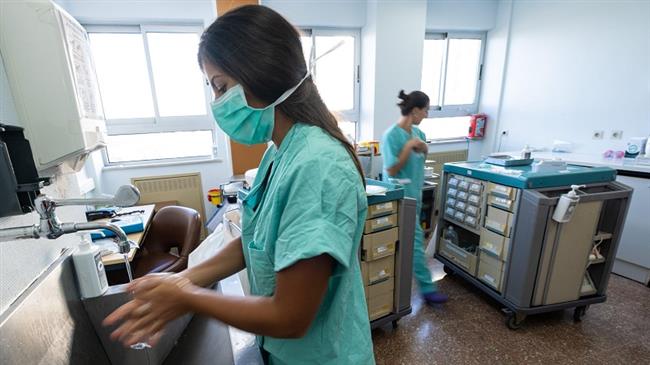
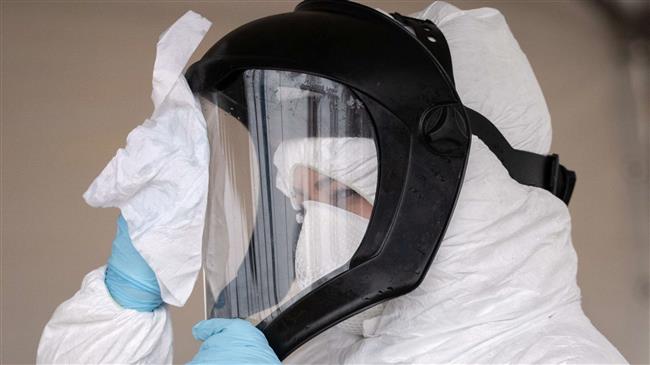

 This makes it easy to access the Press TV website
This makes it easy to access the Press TV website